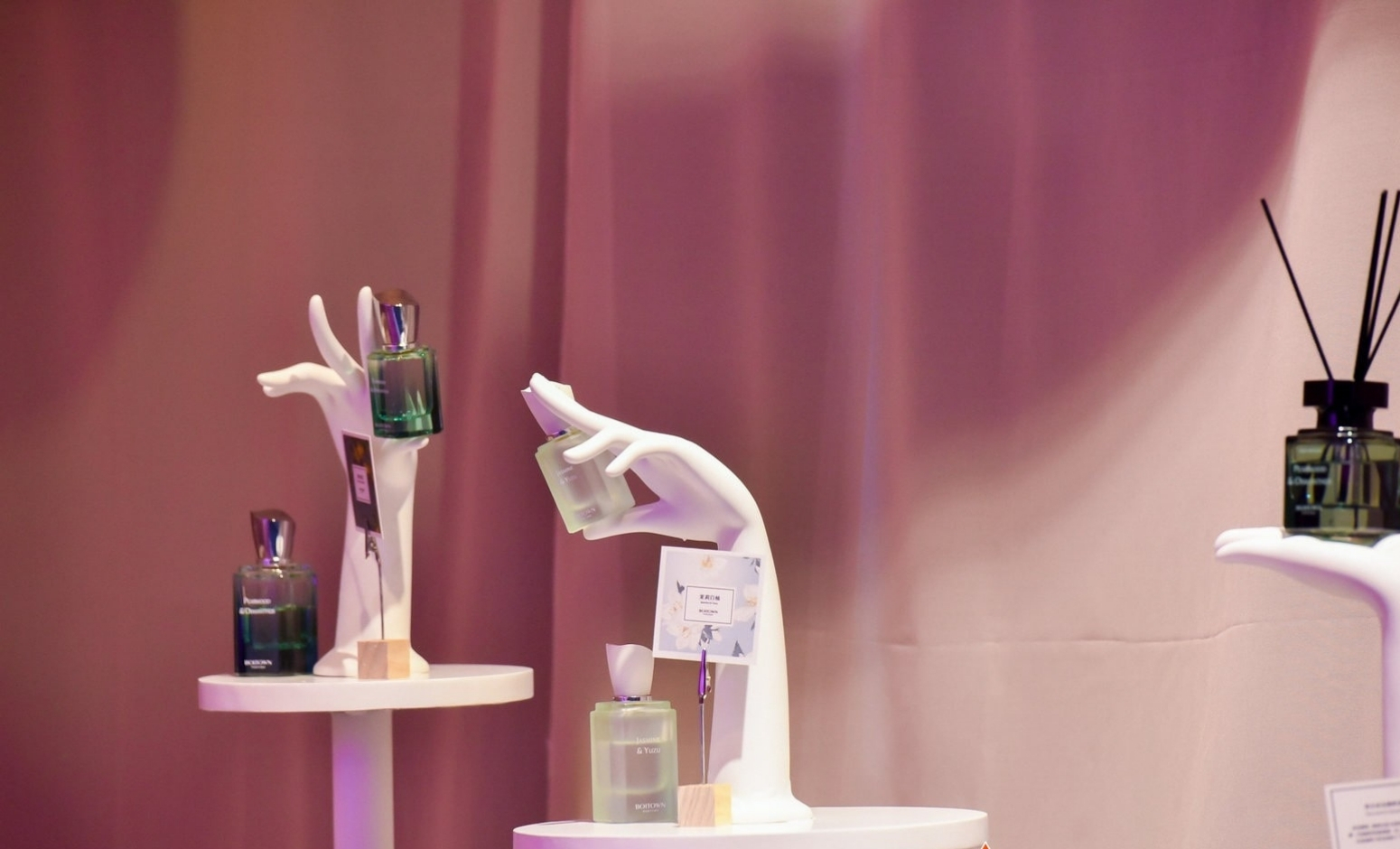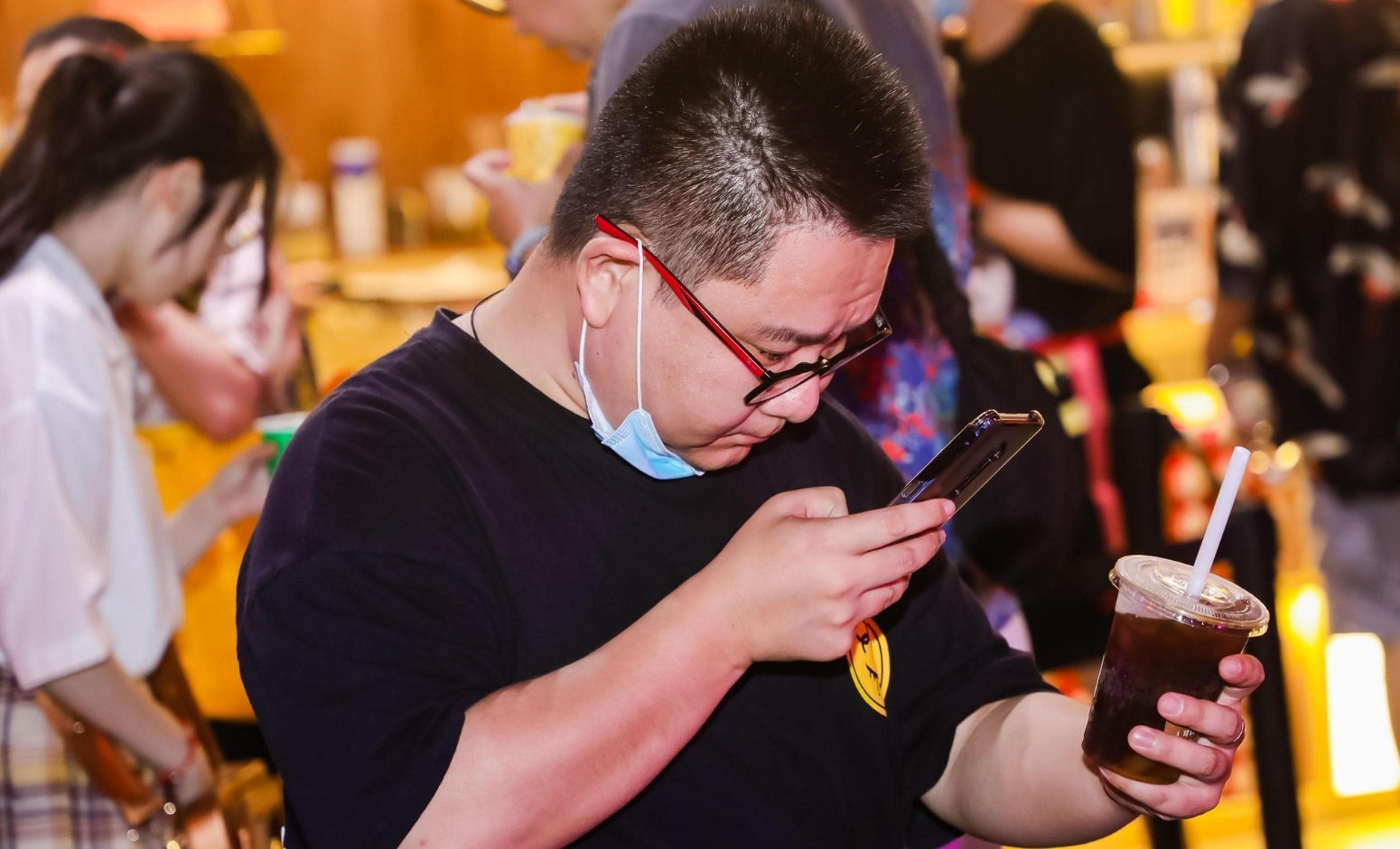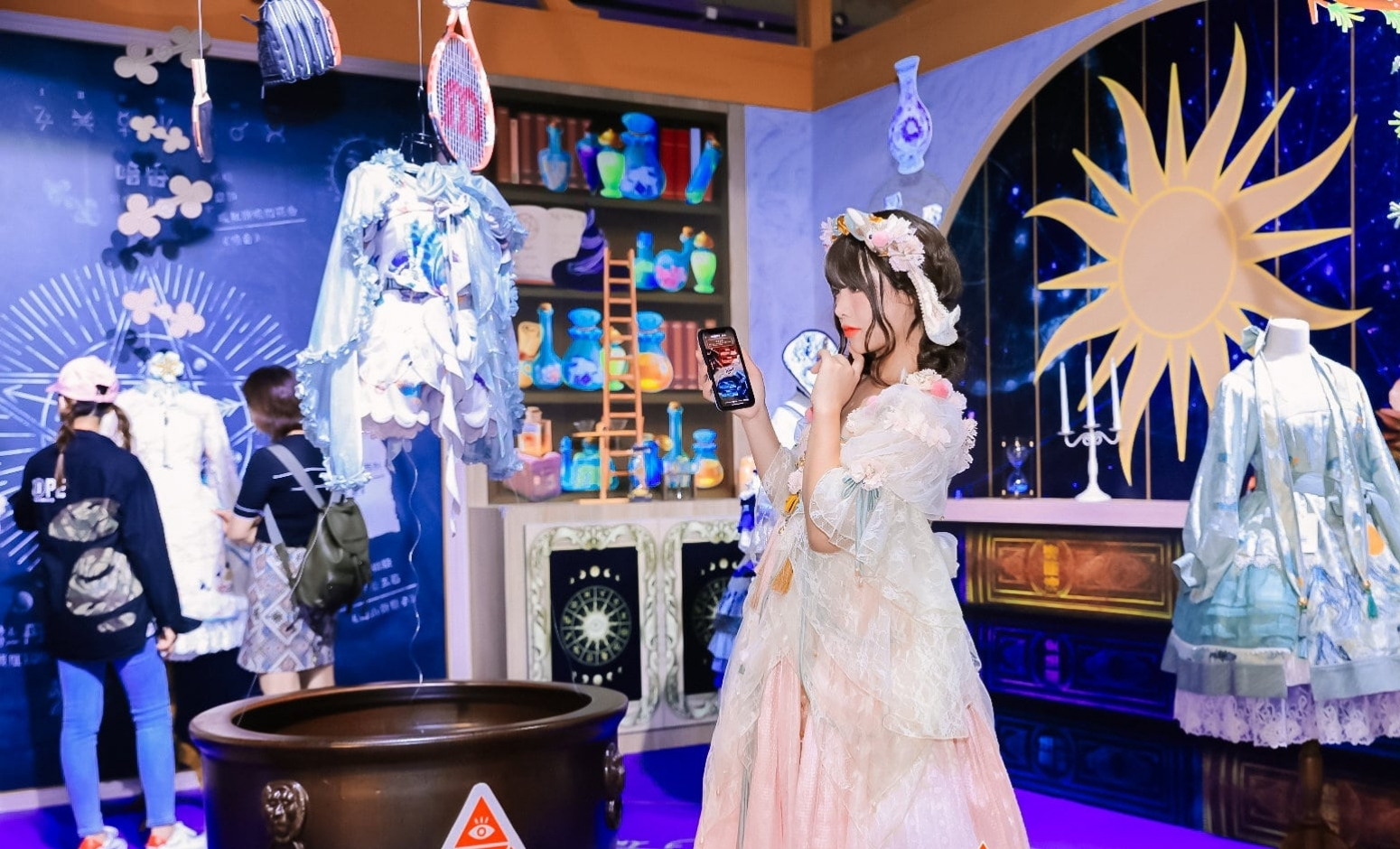
Despite making up just 15% of China's population, Zoomers account for 25% of expenditure on new brands
China’s affluent young urbanites are shaping the future of the country’s consumer market; what they want today will be mass-market tomorrow.
We’ve compiled key trends for global retail brands to note based on insights and data gathered from around e-commerce giant Alibaba Group’s ecosystem.
The rise of wellness products during the coronavirus pandemic, as well as products serving as a medium for self-expression, have launched a cohort of successful brands in the world’s second-largest economy this year.
We’ve focused on the shopping habits of the digitally native Generation Z, known as Zoomers, because of their outsize influence on consumer trends. Despite making up just 15% of China’s population, Zoomers account for 25% of expenditure on new brands.
Alizila scoured the halls of Alibaba’s annual offline event, the Taobao Maker Festival (TMF), for retail entrepreneurs that personify our Top 5 emerging trends.

International travel restrictions have prompted many consumers to vacation domestically and to explore the great outdoors this year. Displayed front and center at TMF this year was a high-tech glamping tent that offers people a more luxurious experience than traditional camping, even including an outdoor movie night.
The trend was also evident online, with people snatching up all sorts of gizmos and gadgets related to glamping across Alibaba’s B2C marketplaces Tmall and Taobao, from fancy barbecue sets to retro gas lamps. Glamping was one of the fastest expanding sports subcategories with a 130% year-on-year growth rate during Alibaba’s mid-year shopping festival, 6.18, this year.
Fishing is also a popular pastime this year, with more than 300,000 shoppers ordering fishing supplies daily, on average, across Alibaba’s e-commerce platforms during 6.18. More than two million people age 26 and younger have bought fishing gear over the past year, according to Tmall’s latest statistics.
Another outdoor sport that suddenly became popular this year was surfing – with 40% category growth during this year’s 6.18. Taking pictures while standing on a surfboard recently became a new wave of “must-try” activities for young people on social media.

Snacking rather than eating square meals is going mainstream among younger consumers who are always on the go.
Around 89% of consumers in China are open to trying meal replacement options, according to a 2020 online survey conducted by Dingxiang Doctor, an online health information platform.
The top three reasons for buying meal alternatives are the need to stay fit or lose weight, convenience, and to stay nutritiously balanced, according to a joint study by Tmall and Shanghai-based industry research company CBNData.
“A lot of new consumers are health conscious. They want to have a product that is good for them, something they can indulge in but [is] also low in fat and calories,” said William Wang, founder of Nice-Cream, a Beijing-based brand that focuses on healthy snacks and desserts.
Wang believes consumers’ desire for better ingredients and healthier snacks is here to stay. His start-up’s broccoli-flavored ice cream was one of the sweetest and more nutritious treats at TMF this year.


Gender-neutral fragrances developed by Shanghai-headquartered Boitown were a hit at the event, especially among its female audiences. The brand aims to roll out more gender-fluid choices for consumers.
Boitown also noticed that China’s perfume trend is shifting from a tool used to mask body odors to a way to express themselves, according to Yang Mengting, brand and marketing manager of Boitown.
“We debuted a line of independent perfumes to reflect five different yet fun personalities. By playing with citrusy, creamy or woody notes, each type of smell evokes feelings of being single, falling in love, or the scent of money and success,” Yang said.
Four years ago, China accounted for only one percent of worldwide perfume sales. But now, market research provider Euromonitor’s estimates the country’s market value at RMB10.9 billion in 2020, and somewhere over RMB30 billion by 2025.
“Gen-Z is a unique demographic. This group of young shoppers is all about self-expression. They look for versatility and diversity in perfumes to help them stand out from the crowd,” Yang explained.
Boitown’s products are more affordable than its international competitors. However, the brand has successfully leveraged e-commerce platforms such as Taobao and Tmall to reach digital-savvy consumers, especially female shoppers between the ages of 20 to 28.


Popular ingredients in traditional Chinese medicine (TCM) such as goji berries, dates and motherworts were heavily featured at the event, appearing in everything from tea, coffee, cakes to edible jellies.
The practice of TCM has been around for thousands of years. With more people becoming health-cautious, young Chinese consumers are finding the holistic healing effects of TCM increasingly relevant to modern-day living.
The use of natural ingredients and TCM concepts in food and beauty-related products is part of a growing consumption trend known as nutricosmetics – taking supplements or products to improve how you look and feel from the inside out. Even big international brands like LVMH have started to invest in new, TCM-inspired beauty lines to appeal to Chinese customers.
At TMF, Tong Ren Tang, a 352-year-old Chinese pharmaceutical company, injected new life into its heritage brand by blending several of its signature herbs into coffees and lattes.
Its most bitter tonic – a mixture of iced Americano and an herb called Indian echinacea – was surprisingly popular among people with extra adventurous taste buds. While the drink has anti-inflammatory effects, its tart and bitter after-taste appealed to a widespread Chinese belief that “all good medicine tastes bitter.”


Young fashionistas are increasingly attracted to subculture fashions, such as Japan’s Lolita style and traditional Chinese Hanfu.
As China’s younger generations seek more ways to express themselves through alternative fashion, demand for niche products and boutique brands is also rising. As a result, the number of merchants joining Taobao peaked from April 2020 to March 2021, a record growth since 2017.
Hanfu continued to be the most influential and visible subculture at TMF this year, with many young men and women showing up at TMF fully decked-out in Hanfu.
Their passion for connecting with Chinese cultural roots has led to new fashion movements online. According to Alibaba’s statistics, annual sales for this category on Tmall increased by nearly 500% year-on-year in 2020. The same year, more than 1,200 Tmall brands began incorporating Hanfu elements into their designs.
For more eye-catching looks, fashion styles from the 2000s are also making a comeback: crop tops, low-rise jeans, unnecessary amounts of layering and a lot of pink, neon and glitter.
Y2K fashion is a new way for many Millennials and Gen Zs to relive what they call the “good old days.”
Sign up for our newsletter to receive the latest Alibaba updates in your inbox every week




